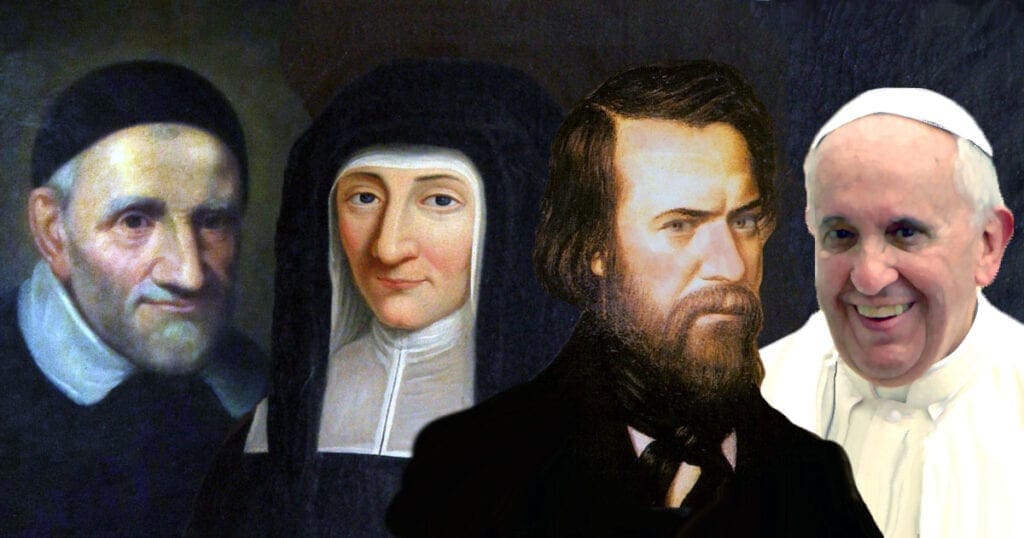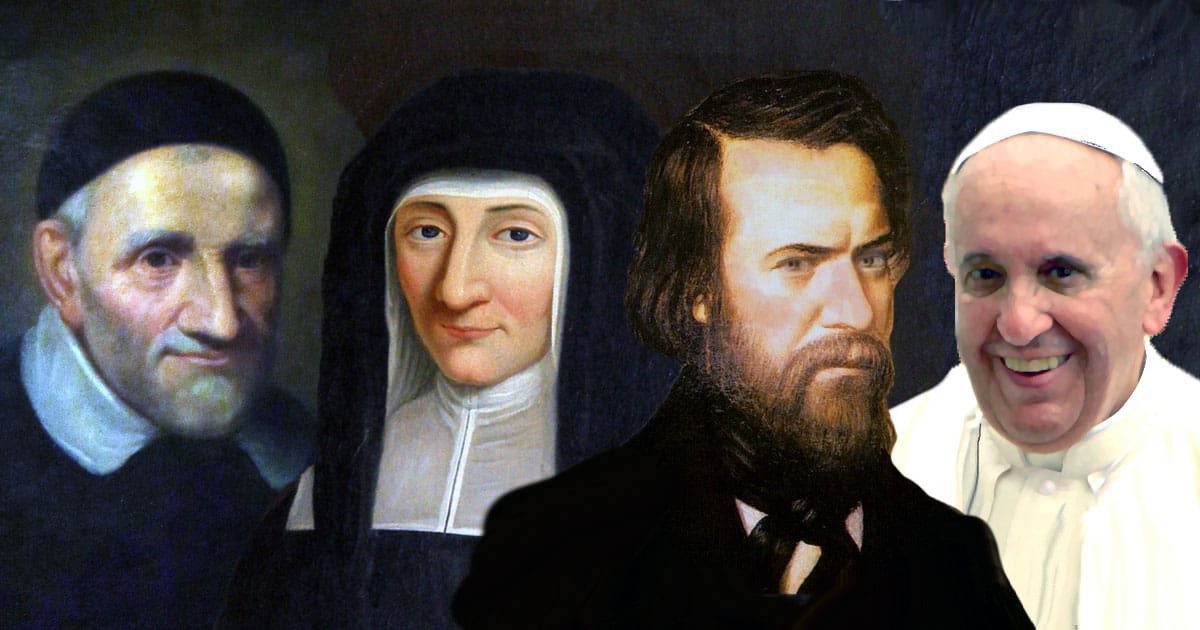To Love Another Person is to See the Face of God (Part II)
In 1845, on the streets of Paris, Victor Hugo observed the very incident that triggered the action of his famous novel, Les Miserables. On a sunny but cold day, he saw an impoverished man being arrested for stealing a loaf of bread. As the man stood on the street, an ornate carriage pulled up beside him. Inside there was a dazzlingly beautiful woman dressed in velvet, playing with a child hidden under ribbons, embroidery and furs. The impoverished man stared at the woman in the carriage, but she was totally unaware of him. Hugo wrote that he saw this man as the specter of misery, the ghostly forewarning in full light of day, in the sunshine, of the revolution still plunged in the shadows of darkness but emerging from them. The moment he became aware of her existence, while she remained unaware of his, a catastrophe was inevitable.

In light of that event, the closing lines of the musical production of the Hugo’s Victors novel are quite powerful: to love another person is to see the face of God.
Frederic Ozanam who was living in Paris at the time of the above referenced incident, knew the meaning of those words. He was one of the seven founding members of the Society of Saint Vincent de Paul, young men who were mentored in their outreach to the poor of Paris by Sister Rosalie Rendu, DC and on one occasion he stated: Our faith is weak because we cannot see God. But we can see the poor, and we can put our finger in their wounds and see the marks of the crown of thorns … they [the poor] suffer that which we cannot suffer, they are among us as messenger of God to test our justice and our charity and to save us by our works (David L. Gregory, “Antoine Frederic Ozanam: Building the Good Society” in University of St. Thomas Law Journal, [Summer 2005, Volume III, #1] p.29). Frederic learned how to listen to the cries of the poor men and women whom he encountered wherever he went … people that he, like Vincent de Paul, referred to as his lords and masters … people that he, until the time of his death, found ways to respond to their cries.
Pope Francis also understands the meaning of the words that are used to entitle this article. In his Apostolic Exhortation, Evangelii Gaudium, he states: an evangelizing community gets involved by word and deed in people’s daily lives; it bridges distances, it is willing to abase itself if necessary, and it embraces human life, touching the suffering flesh of Christ in others. Evangelizers thus take on the “smell of the sheep” and the sheep are willing to hear their voice (EG, #24). He then goes on to say: we incarnate the duty of hearing the cry of the poor when we are deeply moved by the suffering of others (EG, #193).
He then summarizes his thinking by saying: I want a Church which is poor and for the poor. They have much to teach us. Not only do they share in the sensus fidei, but in their difficulties they know the suffering Christ. We need to let ourselves be evangelized by them (EG, #198).
All of this raises many questions:
[1] Frederic stated that the poor are among us as messengers of God … what is the message that God is attempting to communicate to us during this year of 2020?
[2] Frederic then says that the poor test our justice and our charity … what have we done for the least of our brothers and sisters today?
[3] How, in the words of Pope Francis, have we taken on the smell of the sheep?
[4] What have you and I learned from the poor? How have they evangelized us?
To view other posts in this series, click here.
Tags: Barquin







0 Comments